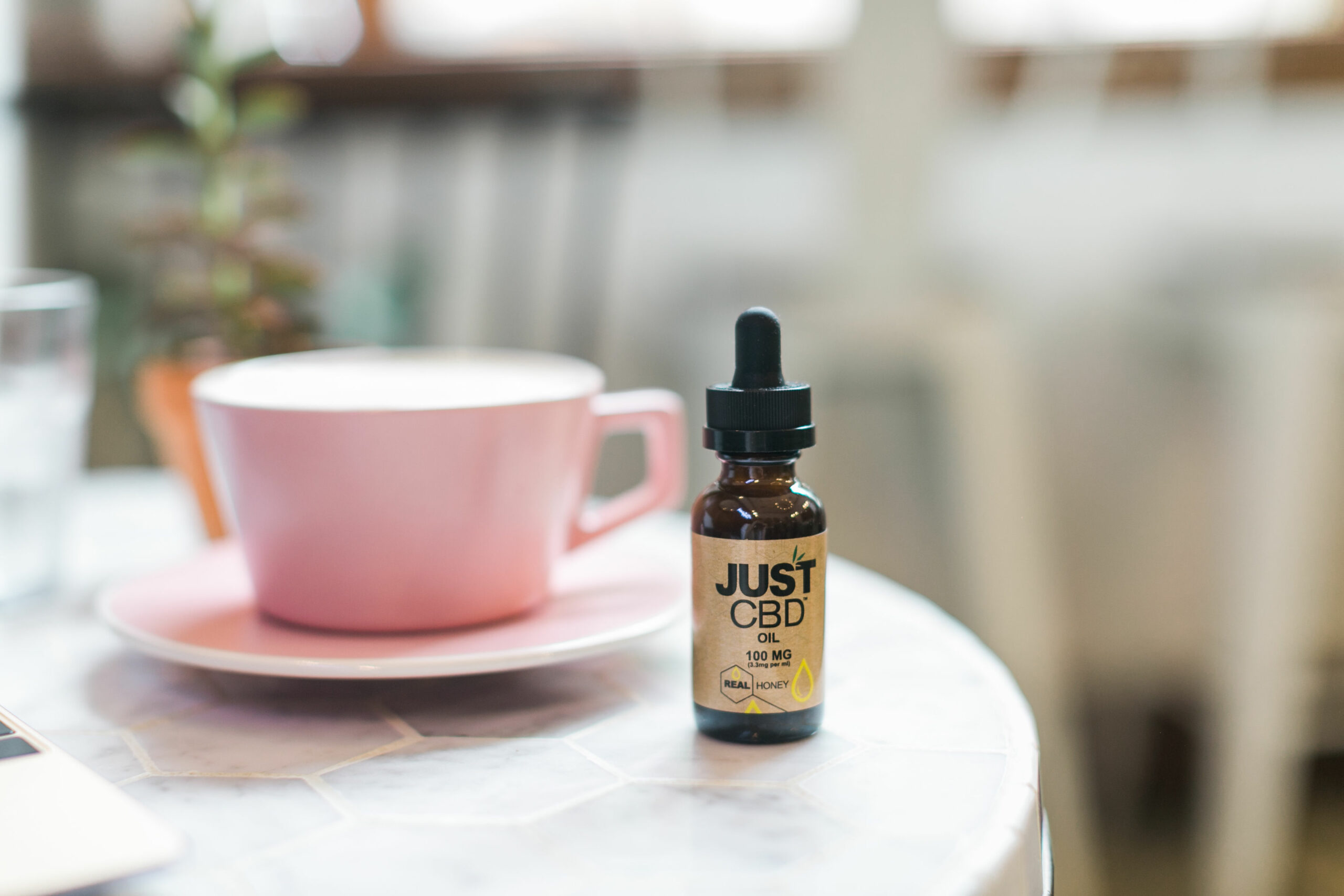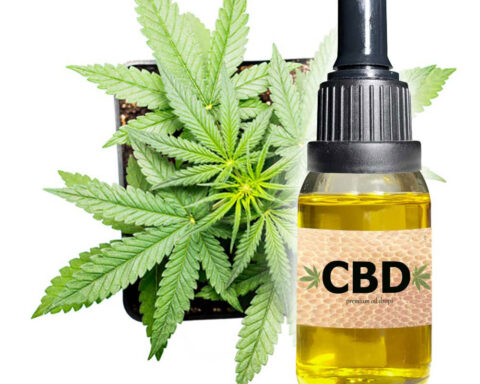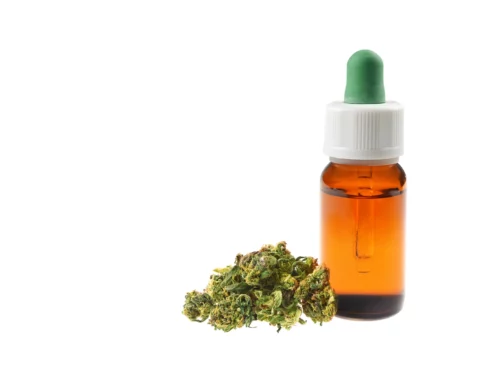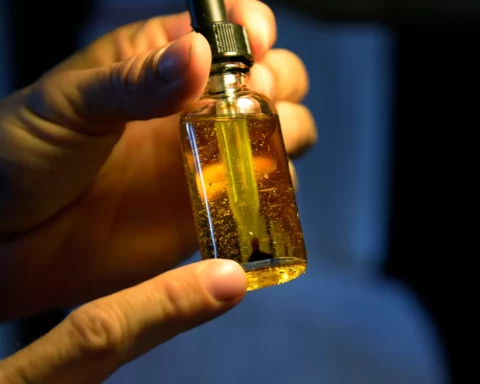The doubt of CBD making one hungry is because smoking marijuana increases appetite. Unlike marijuana, CBD is extracted from a hemp plant with very little THC. When THC gets in the body, it induces a high feeling, but CBD causes calmness. So how does CBD affect food intake? Does it mean using CBD will result in gaining or losing weight? Keep reading so that you know how CBD affects appetite and if it does have an effect on body weight.
How THC Increases Appetite
When THC gets into the bloodstream, it activates the endocannabinoid system by binding with CB1 receptors in the brain. The CB1 receptors are responsible for sending signals from the brain, and regulating hormones for appetite. They are mostly found in the hypothalamus and basal ganglia. The hypothalamus regulates hunger and appetite, while the ganglia are the feel-good reward system after eating. THC also stimulates the production of the Ghrelin hormone. When this hormone is released, one feels hungry. Hunger is likely to be felt even if the stomach is not empty once this ghrelin is released.
How CBD Affects Appetite
Most CBD users believe it can speed up metabolism, which is the breakdown of the eaten food in the digestive system. CBD binds with endocannabinoid system receptors CB1 and CB2. These receptors are responsible for sending signals from the brain (CB1) to cells and other body parts (CB2). Sending signals between the brain and the lymphoid tissues result in increased metabolism but lower appetite. CBD can reduce food consumption. In a study by Farrimond, et al. (2012), rats injected with CBD showed a decline in food intake. On rare occasions, CBD can increase appetite. Finally, CBD can boost the burning of calories by converting white fats to brown fats.
What’s CBD?
CBD is a compound found abundantly in hemp plants. It is extracted using either solvent extraction or the CO2 extraction method. CBD products are made from either full-spectrum, broad-spectrum, or isolate. The full spectrum contains all the hemp plant terpenes, including 0.3% THC, broad-spectrum CBD has all the plant terpenes but lacks the THC, and the isolate CBD is purely CBD. To make CBD oil, it is mixed with a carrier oil like MCT oil. Some CBD oils can have more than one carrier oil. The carrier oil helps preserve the CBD and absorb it into the bloodstream.
Ways to Take CBD Oil With Food
CBD oils have an earthy, grassy taste. Taking them with food can be a good way to mask this taste. This means that the oil will undergo metabolism, and the CBD will take a long time to be absorbed into the bloodstream. Here are some ways to take CBD oil with food and drinks.
By adding CBD oil in coffee, smoothies, and cocktails. The good thing about CBD oil is that it easily mixes with other liquids. Add a few drops of CBD oil to your favorites and stir.
Also, you can add your CBD oil in salad dressing. Incorporate CBD in your cooking for health benefits with less effort. Start by adding olive oil to your salad, and then add two tablespoons of CBD oil to your salad. You can try simple salads like hemp vinaigrette, honey mustard, tahini dressing, and Asian-style dressing served with kales.
Adding CBD to cookies. You can bake various CBD cookies like CBD Paleo chocolate chip cookies, cookies and cream CBD Cheesecake Bites. These cookies are easy to bake.
CBD-infused in steak & veggie Buddha bowl and slow cooker mozzarella-stuffed CBD meatballs in meals. These recipes are perfect for meat lovers who want to add a little fun to their meat. Remember when cooking with CBD oil, either cook at low temperatures or add the CBD oil when the meal is at room temperature because the components of CBD will evaporate at high temperatures.
Uses of CBD Oil
CBD oil can be used as an anti-aging cream. CBD is rich in antioxidants that help fight toxins in the skin, thus a clear skin. CBD oil also helps regulate sebum production for smoother, supple, and less sensitive skin. Applying CBD oil can also be used as a sunscreen against UV light.
According to Fine & Rosenfeld, (2014), CBD oil helps in relieving pain and inflammation. CBD binds with CB2 receptors; this breaks down the neurotransmitters, which reduces the speed at which the nerve signals are transmitted to nerve cells and back. CBD oil can be used in all types of pain, including nerve and back pain. CBD oil can be applied directly to the affected area as a topical.
A study by Danilo et al. (2018), showed that CBD affects the levels of serotonin-like antidepressants. Serotonin is a neurotransmitter for functions like mood; high serotonin levels mean a good mood. Individuals with withdrawal symptoms like anxiety can use CBD oil to soothe anxiety.
Conclusion
CBD oil will not make the consumer hungry, unlike THC, which binds with CB1 receptors activating them to send signals. CBD binds with the CB2 receptors, mainly the receiver of signals sent from CB1 receptors in the brain. Only on rare occasions will using CBD oil lead to an increase in appetite. CBD can be very useful in reducing weight as it helps in burning white fats to brown fast. Still, more research is needed to understand how CBD affects food intake. Finally, there are different ways you can take your CBD oil with your favorite meal, snack, or drink. You can try the above-suggested meals and cookies.
References
De Gregorio, D., Mclaughlin, R. J., Posa, L., Ochoa-Sanchez, R., Enns, J., Lopez-Canul, M., Aboud, M., Maione, S., Comai, S., & Gobbi, G. (2019). Cannabidiol Modulates Serotonergic Transmission And Reverses Both Allodynia And Anxiety-Like Behavior In A Model Of Neuropathic Pain. Pain, 160(1), 136–150.
Https://Doi.Org/10.1097/J.Pain.0000000000001386
Farrimond,
J. A., Whalley, B. J., & Williams, C. M. (2012). Cannabinol And Cannabidiol
Exert Opposing Effects On Rat Feeding Patterns. Psychopharmacology, 223(1), 117-129.
Fine,
P. G., & Rosenfeld, M. J. (2014). Cannabinoids For Neuropathic Pain. Current
Pain And Headache Reports, 18(10), 1-9
- Is Mushroom Coffee Worth the Hype? An Expert’s Take - April 19, 2024
- Missionary Position – Least Likely To Bring You To Climax - April 7, 2023
- Vibrators could put you in Jail - March 31, 2023









